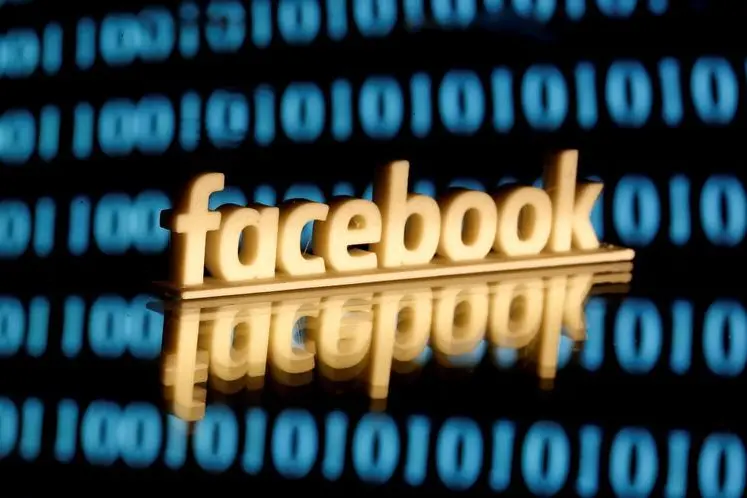PHOTO
NEW YORK - Mark Zuckerberg is slowly assembling a vision for the omnipresent computing of the future. The newest component is CTRL-labs, a startup developing new ways for people to control computers by tapping nerve signals. It sounds a bit creepy, especially for Facebook , a firm under scrutiny over questionable data-handling habits and mired in near-term problems. But it’s also potentially a long-term spur for innovation at the company.
That’s also why the $533 billion Facebook acquired Oculus VR, a firm specializing in virtual reality, in 2014. The purchase gave the social-networking giant hardware for displaying games, images and the like in a more immersive way. CTRL-labs gives it the other end of the process – a way to input information virtually and interactively. The firm is developing wristbands, for example, that allow users to control devices with hand gestures.
The eventual goal is to take the real world and merge it with the virtual. That could be useful for lifelike artificial limbs, controlling robots remotely, or having virtual dance lessons, to name just a few possible applications.
This vision will take years to arrive, and the most futuristic – and creepiest – scenarios, such as computers controlled by brain imaging, will take far longer. Facebook has been plugging away at virtual reality for five years already, and it has yet to become commonplace. Related advances analogous to those that already existed when Apple cobbled them together in the first iPhone are probably required before VR takes off. Headsets must become less obtrusive, for example, and software improved to enhance the user experience. That could take more than a decade.
Facebook’s fights with regulators worldwide, over business practices, user privacy and social impact, are on a tighter schedule. It’s also rare for an established winner in one area – social networking in this case – to become the master of a new wave of technology. Yet image matters in Silicon Valley, as elsewhere. The best way to persuade coders, investors and lawmakers that Facebook is more than just a funnel for advertising dollars is to be seen to be developing the future. A price of up to $1 billion for CTRL-labs, according to CNBC, is a small one to pay for that.
CONTEXT NEWS
- Facebook said on Sept. 23 it had agreed to buy CTRL-labs, a New York-based startup working on new ways for people to interact with computers. The firm is developing a wristband that tracks nerve output and would allow users to input information and control devices.
- The deal price was not announced, but CNBC reported it was worth between $500 million and $1 billion.
- CTRL-labs will join Facebook Reality Labs, the social networking group’s division developing virtual and augmented reality. The division was formerly known as Oculus Research. Facebook purchased Oculus VR, a company specializing in virtual reality, for approximately $2 billion in 2014.
(Editing by Richard Beales and Amanda Gomez)
© Reuters News 2019





















